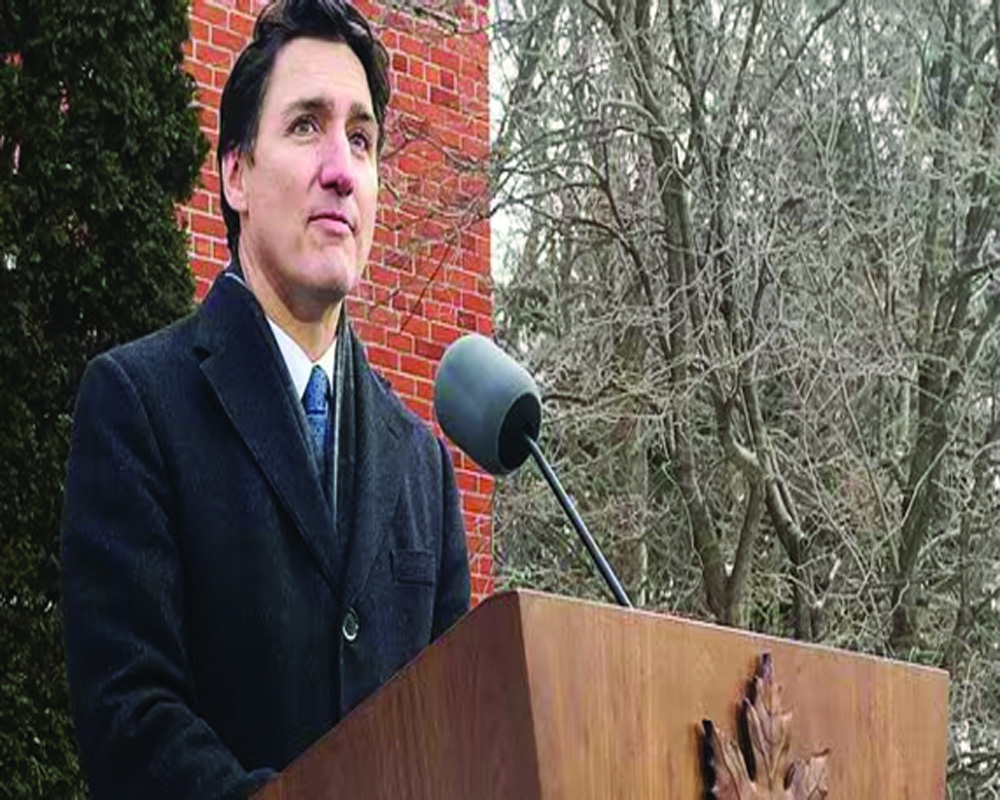Canadian Prime Minister Justin Trudeau resigns ahead of the upcoming elections
Canadian Prime Minister Justin Trudeau’s announcement of his resignation on January 6, 2025, marks a significant turning point in Canadian politics. Trudeau, who has served as Prime Minister since October 2015, made the decision amidst mounting pressure from his own party and growing challenges to his leadership. Trudeau’s decision to step down comes against a backdrop of increasing discontent within the ruling Liberal Party. During his announcement outside Rideau Cottage in Ottawa, Trudeau acknowledged the internal discord that had hindered his leadership. In a strategic move, Trudeau met with Governor General Mary Simon to secure the prorogation of Parliament until March 24, effectively delaying the possibility of a no-confidence vote that was anticipated in the session scheduled to begin on January 27. This decision provides the Liberal Party with a window to elect a new leader and stabilise its position ahead of potential political upheaval. Trudeau’s resignation reflects a culmination of political and personal challenges. The Liberal Party’s diminishing unity became a significant obstacle for Trudeau’s leadership. Discontent among MPs and party members had been growing, fueled by concerns over policy decisions, governance style, and declining public support.
After nearly a decade in office, Trudeau’s administration faced criticism over issues such as economic management, healthcare and Canada’s climate policy. These challenges eroded his public approval, making him a less viable candidate for the next election. By stepping down before the next election, Trudeau’s resignation allows the Liberal Party to rejuvenate its leadership and present a fresh face to voters, potentially mitigating electoral risks. Trudeau’s departure will have significant political and national implications The resignation sets the stage for a competitive leadership race within the Liberal Party. The choice of the next leader will be critical in determining the party’s future direction and its ability to retain power. Trudeau’s resignation reshapes Canada’s political dynamics. The opposition, particularly the Conservative Party, is likely to leverage this transition period to challenge the Liberals’ governance record and push for early elections.Trudeau’s tenure, marked by landmark achievements such as legalising cannabis, advancing gender equality, and climate initiatives, will now be evaluated in the context of his departure. His legacy will hinge on whether the Liberal Party can sustain these accomplishments under new leadership. Justin Trudeau’s resignation underscores the complexities of long-term political leadership in a rapidly evolving landscape. While his decision to step down reflects personal and political pragmatism, it also signals a pivotal moment for Canadian democracy. The coming months will determine how effectively the Liberal Party navigates this transition and whether Canada’s political institutions can maintain stability amid change. Trudeau’s departure opens the door to new opportunities and challenges for Canada’s political future.
























